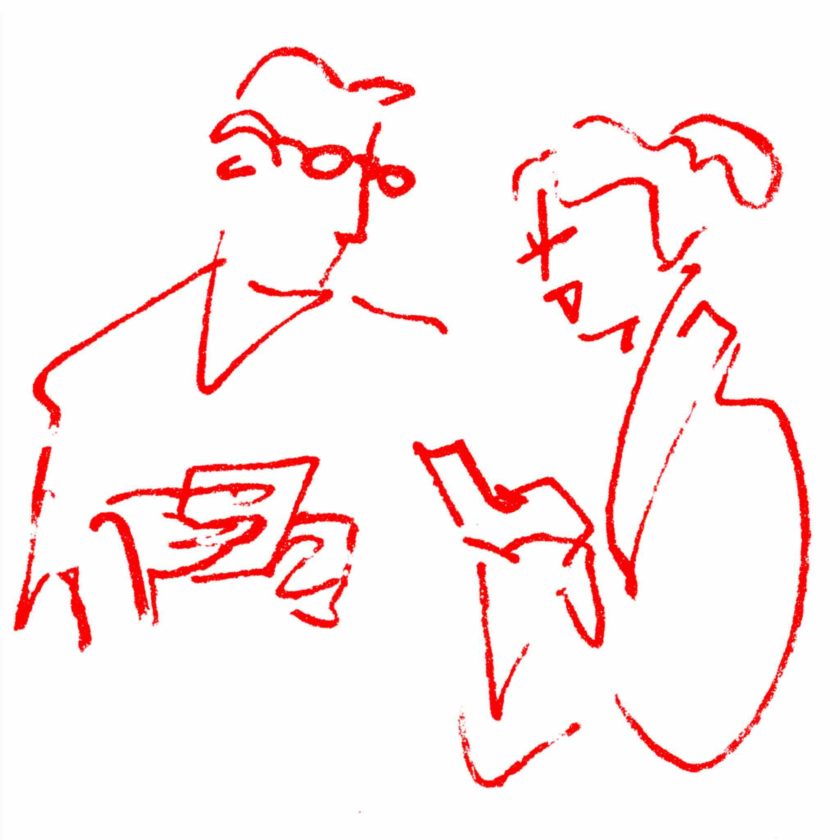Social networks have democratized access to fame. In so doing, they have changed our relationship with ourselves. As a result, we’re no longer quite the individual we used to be on a day-to-day basis, but we’re also a virtual being, a fortiori a public one. How can this become a problem?
The Constant Need To Please
The problem with this micro-celebrity is that it can alter our relationship with authenticity. We are authentic when we express ourselves and act in such a way that we express who we are without really considering the consequences. Of course, we can’t be 100% authentic all the time. Professional life forces us to put our authenticity to one side so as not to offend anyone (and, incidentally, to keep our job). Until now, private life has been the realm of authenticity. Whether with friends or family, authenticity has always been a cardinal value of quality relationships. With the advent of social networks, however, we have less private time at our disposal, and our public lives are now being pursued in spaces that were previously reserved for the private sphere.
The Disappearance Of Privacy
If our personal data are less and less private, our time is less and less devoted to intimacy. The boundaries between public and private are becoming blurred by the intrusion of social media into our lives. We’ve blithely opened the doors to our secret gardens, succumbing to the urge to please friends and, more often than not, anonymous admirers on the web.
The Disappearance Of The Sacredness Of Idle Time
What’s disturbing about the notion of intimate ratings is that it pushes us to monetize moments of our day that until now were part of our intimacy and even, one might say, a form of sacredness. The sacred, by definition, cannot be sold in any other way; it is profane. When our whole day is a source of market optimization (our work, by definition, is a pecuniary activity), we become a desacralized being, we have reduced our being to the most basic form of materialism.
The Danger Of Desacralization
We are not just a being made of flesh and blood, or a mere emotional or intellectual entity. We are much more than that: we are a spiritual being. When we approach life solely from the angle of profit, we diminish the place the spiritual occupies in our lives. Our soul is neglected, and we come to feel spiritual pain. Soul pain can take many forms.
Suffering Of The Soul
When we neglect our soul, we can observe all kinds of manifestations of harmful behavior. Addictions, overwork, violent outbursts, lack of serenity etc. are all symptoms of soul neglect. The soul needs a space in your life. It’s a bit like your partner in a relationship: if you neglect it, it’s likely to generate conflicts that make you unhappy. Your soul is an entity you can’t ignore, at the risk of leading a miserable existence.
Competing With Fictitious People: Towards The End Of Microcelebrity
The more time passes, the more we realize the prowess of AIs. For the time being, most of us are not ready to follow channels that are totally animated by fictitious people created by AIs. It’s only a matter of time before this changes, as new generations will be more ready to do so. As a result, real people will gradually compete with fictitious people until they can no longer compete in terms of productivity. Eventually, AIs will offer ever-better quality content, more in line with viewers’ expectations, until they eclipse the majority of the traditional offer, at least when it comes to micro-celebrity. Faced with this somewhat unfair competition, people will simply stop producing content and perhaps start one more in line with what it used to be. Unless they themselves outsource the creation of their own content, using AIs that will reproduce their faces and be able to create in an almost infinite number of ways.
Market Saturation Will Destroy The Viability Of Most Micro-Celebrities
Any market whose supply becomes saturated mechanically loses value. Flooding a market with a product makes it free and meaningless. AIs will destroy existing business models for microcelebrities, who will quite logically lose their commercial and notoriety value. Perhaps in time, we can imagine that interest in YouTube channels or influencer accounts on other social networks will diminish until they disappear. It’ll be a bit like the bulimia of the festive season, when we don’t want to eat anything fatty for several months at a time. The profusion of content will perhaps have this effect, annihilating any desire to consume entertainment on the Internet.






